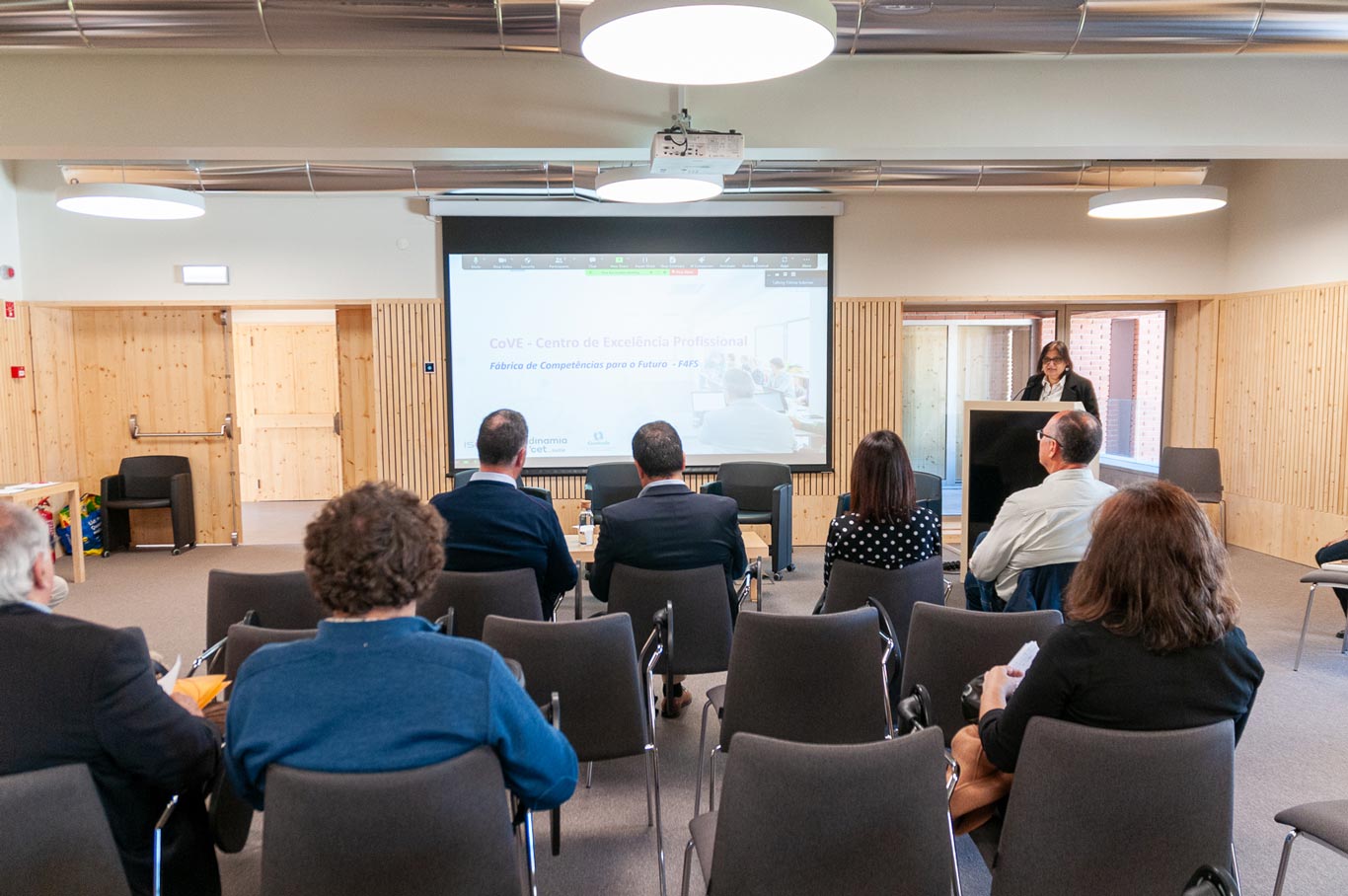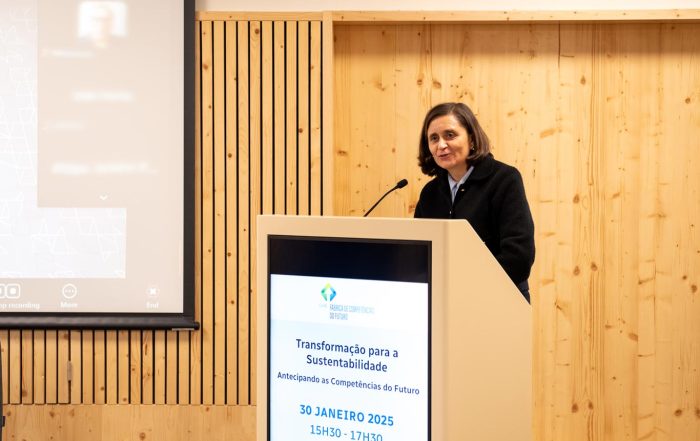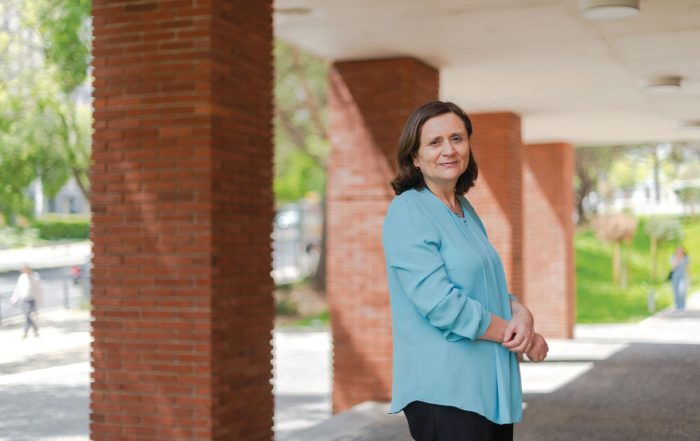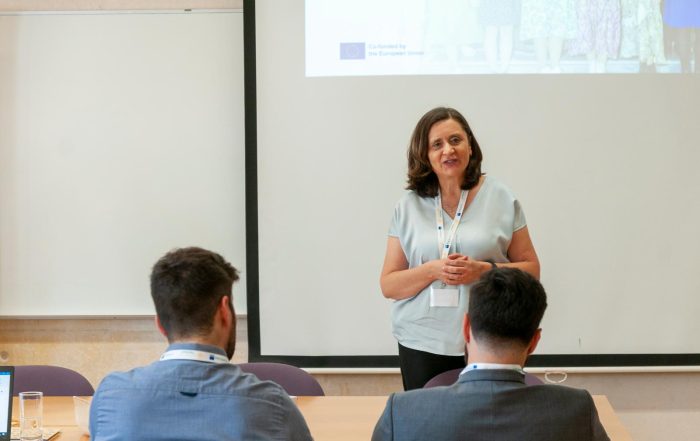Future Skills for a Sustainable Tomorrow
In an era of rapid transformation, it is crucial to move beyond short-term financial outcomes and consider the broader impact of organisational actions on society and the future.
An observatory that integrates social sustainability with intellectual capital management has the potential to serve as a guiding light for organisations striving for responsibility, innovation, and resilience. Establishing such a structure is not merely an ethical obligation; it is also a strategic imperative for organisations aiming to lead in an increasingly competitive and interconnected global landscape.
The skills required to thrive in today’s job market are evolving rapidly, mainly as artificial intelligence (AI)—a cornerstone of digital transformation—accelerates. While AI increasingly automates repetitive tasks requiring basic cognitive skills, the future of human employment lies in high-value capabilities that are difficult for current AI systems to replicate. Success in the labour market of the future will demand a willingness and ability to learn and grow independently, adapting to shifting societal and commercial trends. Reinventing oneself through continuous professional development can lead to more fulfilling career paths and long-term success. This includes the ability to anticipate and manage disruptions, such as the obsolescence of certain skills, which has become a fundamental element of career planning.
Digital transformation has reshaped lifestyles globally, constantly redefining how we work, interact, and measure success. The recent global public health crisis highlighted the value of focusing on outcomes, nurturing human connections, and reducing excessive emphasis on traditional inputs. Certain capabilities—those that machines cannot replicate with the same agility and nuance as humans —will remain essential for the future. These include conceptual and strategic thinking, creativity, problem solving, empathy, ethics, emotional intelligence, and judgment. By 2030, it is estimated that two-thirds of all jobs will require such “soft skill-intensive” abilities. However, equipping individuals with these skills at scale poses a significant challenge.
Traditional educational systems often struggle to adapt to the rapidly shifting global knowledge landscape. As a result, they may fall short in fostering the critical competencies and skills required for the future. To bridge this gap, alternative instruments and collaborative efforts are essential. Bringing together diverse stakeholders — including governments, educators, students, researchers, and social partners — to develop a shared vision and common language around future skills has become a pressing need. This global dialogue is critical for anticipating and addressing the demands of tomorrow’s workforce.
What is the Future Skills Factory?
The CoVE Future Skills Factory is a Centre of Vocational Excellence ( Centres of Vocational Excellence Employment, Social Affairs & Inclusion – European Commission), a European initiative. The CoVE Future Skills Factory is a key component of the Catalyst Centre for Sustainable Transformation, a European network of Centres of Vocational Excellence developed under the CATALYST project framework. In Portugal, it is known as Fábrica de Competências do Futuro.
The Future Skills Factory aims to lead sustainable systems and drive business transformation, anticipating and co-creating the competencies necessary for empowering students and professionals to shape a better future. By fostering innovation, adaptability, and collaboration, the initiative will play a vital role in preparing individuals and organizations to thrive in a rapidly evolving world. In doing so, the Future Skills Factory not only equips individuals with the tools needed to navigate uncertainty but also contributes to a broader transformation—one where sustainability, innovation, and human potential take centre stage.
CoVE Future Skills Factory considers three types of stakeholders: Founders: Portuguese Members of the Catalyst Project (Iscte – IUL, ICAA and CENTIMFE) Implementers: Key players responsible for executing strategies, driving actions, and ensuring the initiative’s objectives are met. Consultants: Experts providing guidance, insights, and specialised knowledge to support decision making and enhance the project’s impact.
Key Areas of Action
The work of the Future Skills Factory will be structured around areas such as:
- Social sustainability: Research practices promoting well-being, inclusion, and equality.
- Intellectual capital management: Analysing strategies for talent retention, knowledge sharing, and organisational innovation.
- Organisational impact: Evaluating how sustainable practices yield positive outcomes for businesses and communities.
- Public policy alignment: Bridging corporate practices with the Sustainable Development Goals (SDGs) guidelines.
These areas are fundamental for creating synergies among businesses, academia, NGOs, and policymakers, enabling effective collaboration around common objectives.
Indicators and Outcomes
Monitoring and anticipating are cornerstones of the Future Skills Factory. Indicators such as organisational diversity, talent retention, and investments in social
impact projects provide concrete data to evaluate progress and identify areas for improvement. These indicators also support the creation of reports and
studies that serve as references for managers, researchers, and legislators.
Educate, Innovate, and Collaborate
Beyond monitoring, the Future Skills Factory serves as a platform for knowledge sharing.
Organising conferences, workshops, and seminars on best practices and global trends inspires change.
Publishing guides and reports based on robust research further reinforces its mission to educate. Collaboration across sectors is a key success factor. Businesses can learn from academic initiatives, and governments can find essential data for formulating
more effective public policies. This collective effort benefits everyone, fostering real and lasting impact.
Building Bridges for a Sustainable Future
Beyond analysing data, the Future Skills Factory will act as a catalyst for partnerships, connecting different sectors and fostering community engagement, creating spaces where innovative solutions can be co-created. This collaborative approach is essential to tackling global challenges such as climate change, social inequality, and resource scarcity.
Another significant legacy is the creation of a culture of sustainability. By disseminating knowledge and raising awareness, the Future Skills Factory observatory helps shift mindsets, encouraging more responsible and balanced practices. This ensures that future generations inherit a society better prepared to face tomorrow’s uncertainties.
The Transformative Power of Knowledge
The core of the Future Skills Factory as an observatory lies in the belief that knowledge is power—the power to transform realities, correct inequalities, and drive sustainable progress. By integrating intellectual capital and social sustainability, these initiatives become agents of change, capable of shaping a future where people, businesses, and the planet can thrive together. Creating the Future Skills Factory is not just an opportunity but an urgent necessity. It invites us to rethink how we relate to the world and to each other, offering the tools needed to build a positive and lasting legacy.




